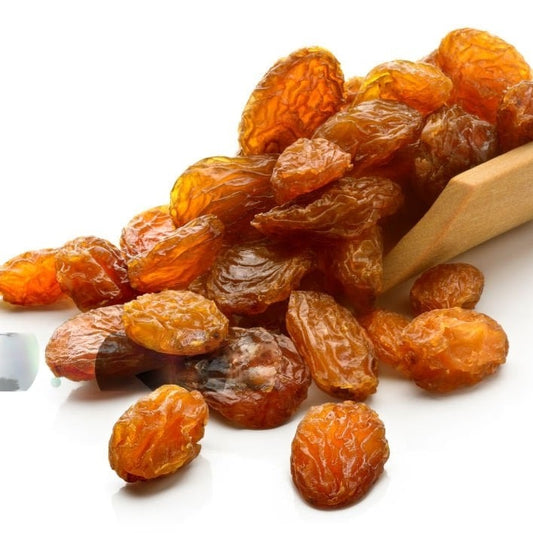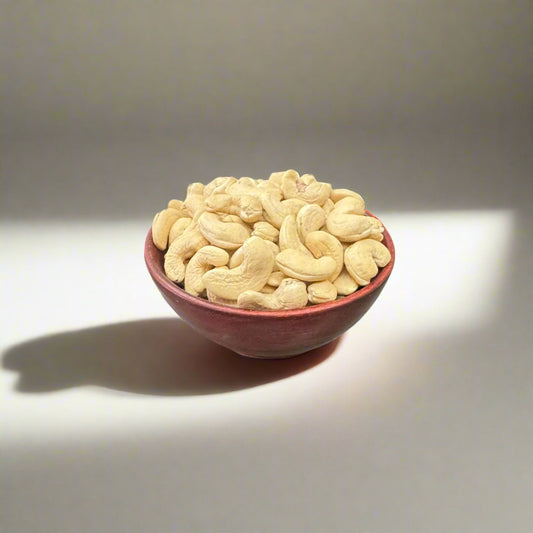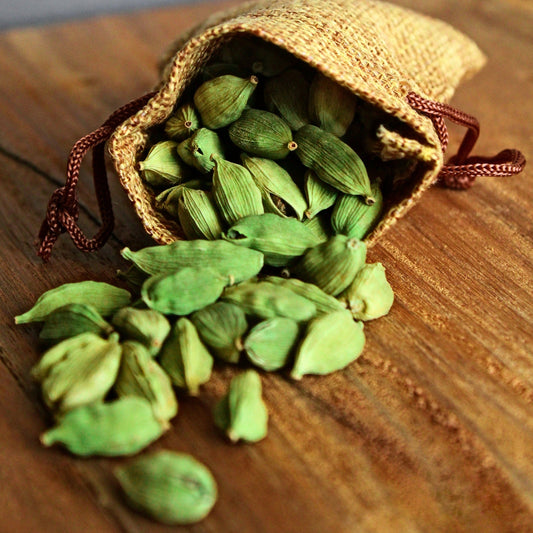If you're looking for items commonly used in homam and pooja ceremonies that can be found at herbal stores, here's a list with some alternative options:
-
Ghee Substitute: Instead of traditional clarified butter (ghee), you can use herbal oils like sesame oil or coconut oil. Look for organic and pure versions at herbal stores.
-
Incense Sticks: Instead of synthetic incense sticks, opt for herbal incense sticks made from natural ingredients such as sandalwood, jasmine, or rose petals. These are often available at herbal stores and provide a natural fragrance for your rituals.
-
Dried Herbs and Flowers: Herbal stores offer a variety of dried herbs and flowers that can be used as offerings in homam and pooja rituals. Look for items like dried rose petals, lavender, holy basil (tulsi), or marigold flowers.
-
Camphor Substitute: Instead of traditional camphor, you can use natural resin incense like frankincense or myrrh. These can be found at herbal stores and offer a similar cleansing and purifying effect when burned.
-
Incense Powder: Create your own herbal incense powder blend using dried herbs such as sage, cedar, or lavender. Grind them into a fine powder using a mortar and pestle, and burn them on charcoal discs during your rituals.
-
Water Infusions: Infuse water with herbs like holy basil (tulsi), rose petals, or mint leaves for a sacred and aromatic water offering during pooja ceremonies.
-
Turmeric and Kumkum Alternatives: Look for natural powders such as turmeric powder and red sandalwood powder as substitutes for traditional turmeric and kumkum. These are often available at herbal stores and can be used for making tilak and adorning deities.
-
Water Sprinkler: Instead of a traditional copper plate and spoon, you can use a small herbal sprig or leaf to sprinkle water during rituals. Look for fresh herbs like basil or mint at herbal stores.
-
Offerings: Offer natural items like fruits, nuts, or seeds as herbal offerings during homam and pooja ceremonies. These can be found at herbal stores and symbolize abundance and prosperity.
By incorporating these herbal alternatives into your homam and pooja rituals, you can enhance the sacredness of the ceremony while staying true to natural and eco-friendly practices.















